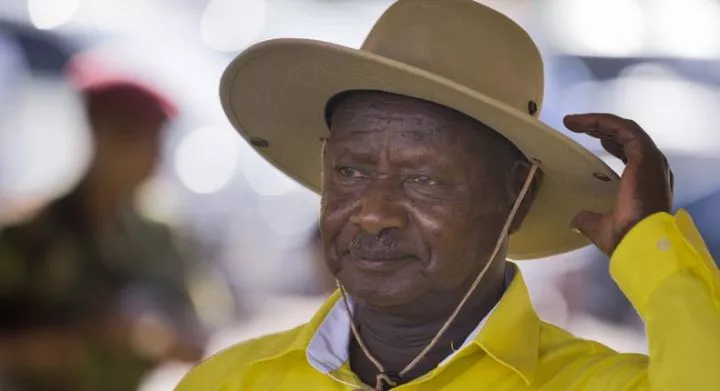
Uganda's economy has been predicted to experience a slowdown in 2025 as the country prepares to elect new leaders in the 2026 general elections.
According to experts, historical data from past election cycles have revealed a trend that creates economic uncertainty, leading to a reduction in foreign direct investment (FDI) activities, and a "wait and see" approach from investors.
The research by economic experts in the country discovered a repetitive pattern during the election years of 2011, 2016, and 2021 that led to reduced investment levels, lower remittances, and slowed economic growth.
Ugandans vote every five years to elect their leaders, including the president and local council members. The upcoming 2026 elections might be tough because the country is already in a weak financial state and may be even more vulnerable after the polls.
"Politicians, investors, and even money lenders are saving money to spend during the 2025 political season. This is why money is scarce now," Dr. Otim, an economics lecturer at Kyambogo University, explained.
According to the research data, inflation in Ugands spiked from 5% to 30% in 2011, leading to public unrest. The 2016 elections saw a similar economic downturn, and the following elections (2021) further weakened the East African country's economy, which had been severely affected by the COVID-19 pandemic.
Stephen Kaboyo, a seasoned forex expert in Kampala, explained that elections consistently destabilize economic fundamentals. "We see FDI dwindle, investors hold onto their dollars, and expatriates often relocate to safer capitals like Nairobi," he said.
"We have always gone into elections stronger, but this time, we are heading into 2026 weaker and will come out weaker due to fiscal challenges," he explained.
As Uganda prepares for another election cycle, calls for economic reforms are growing, as experts urge the government to extend its electoral cycle to allow more time for the economy to recover between elections.

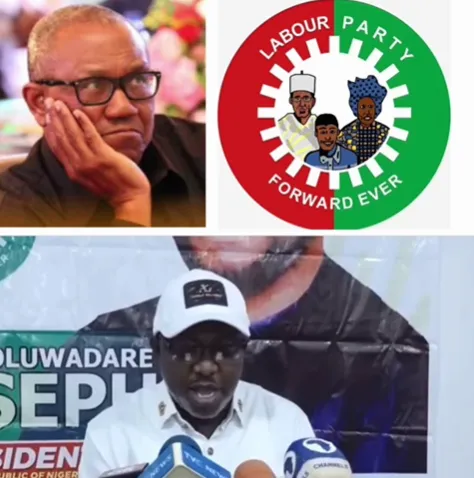
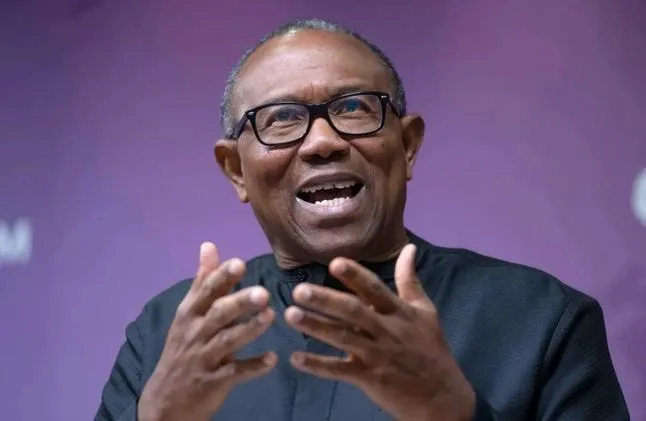
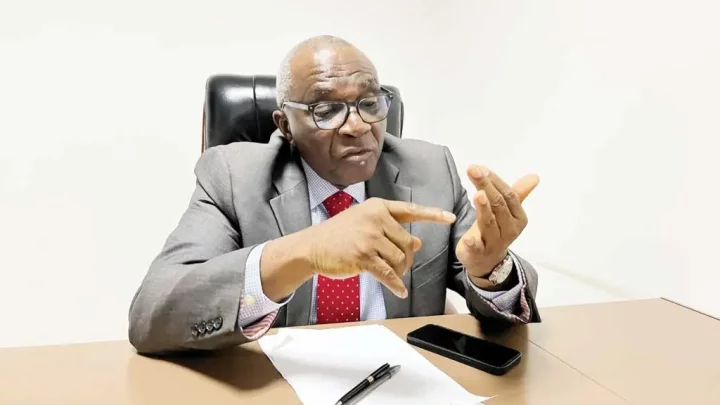

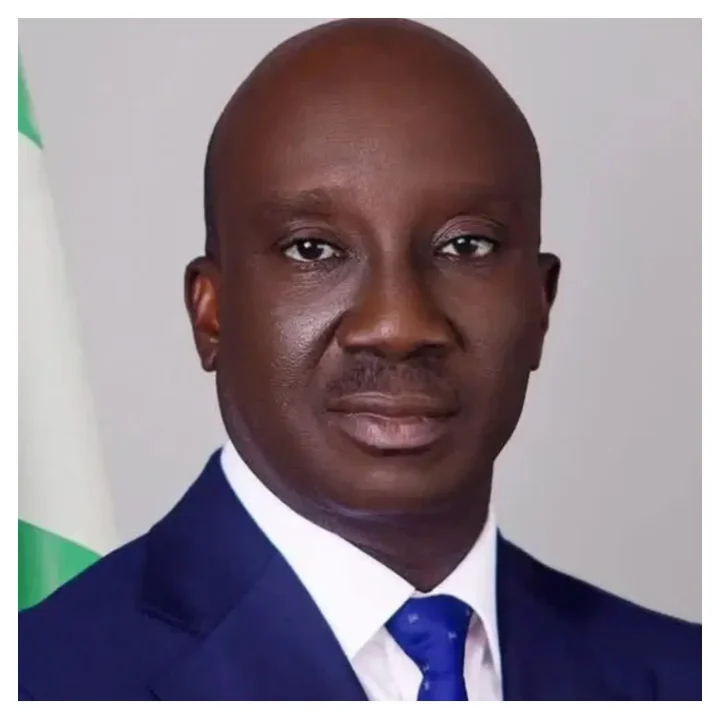
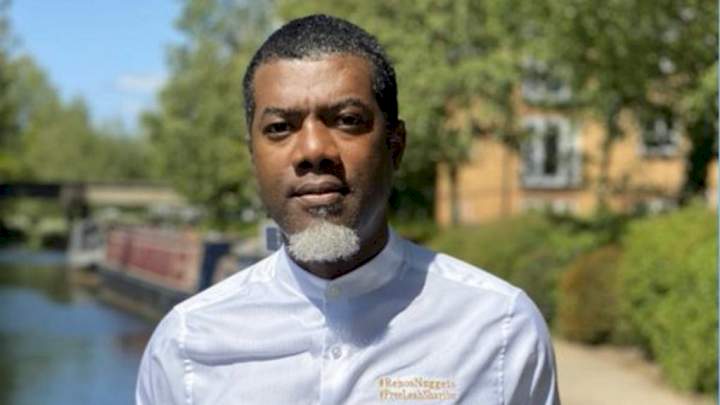

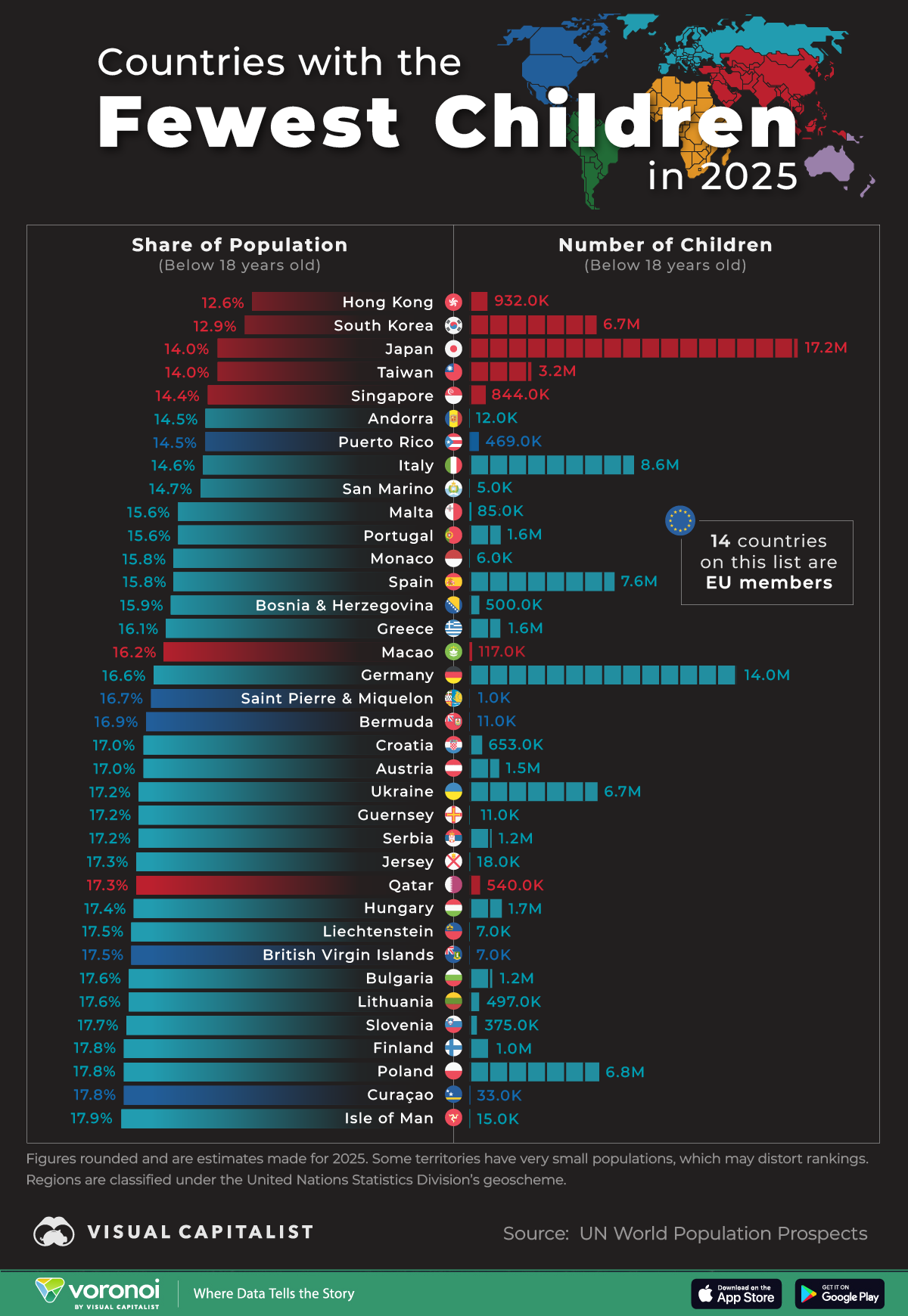


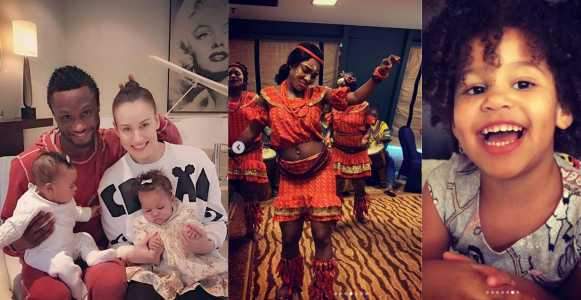


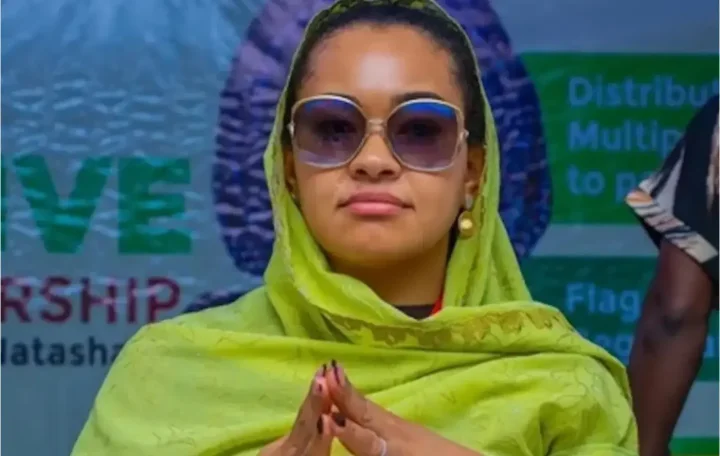


Comments